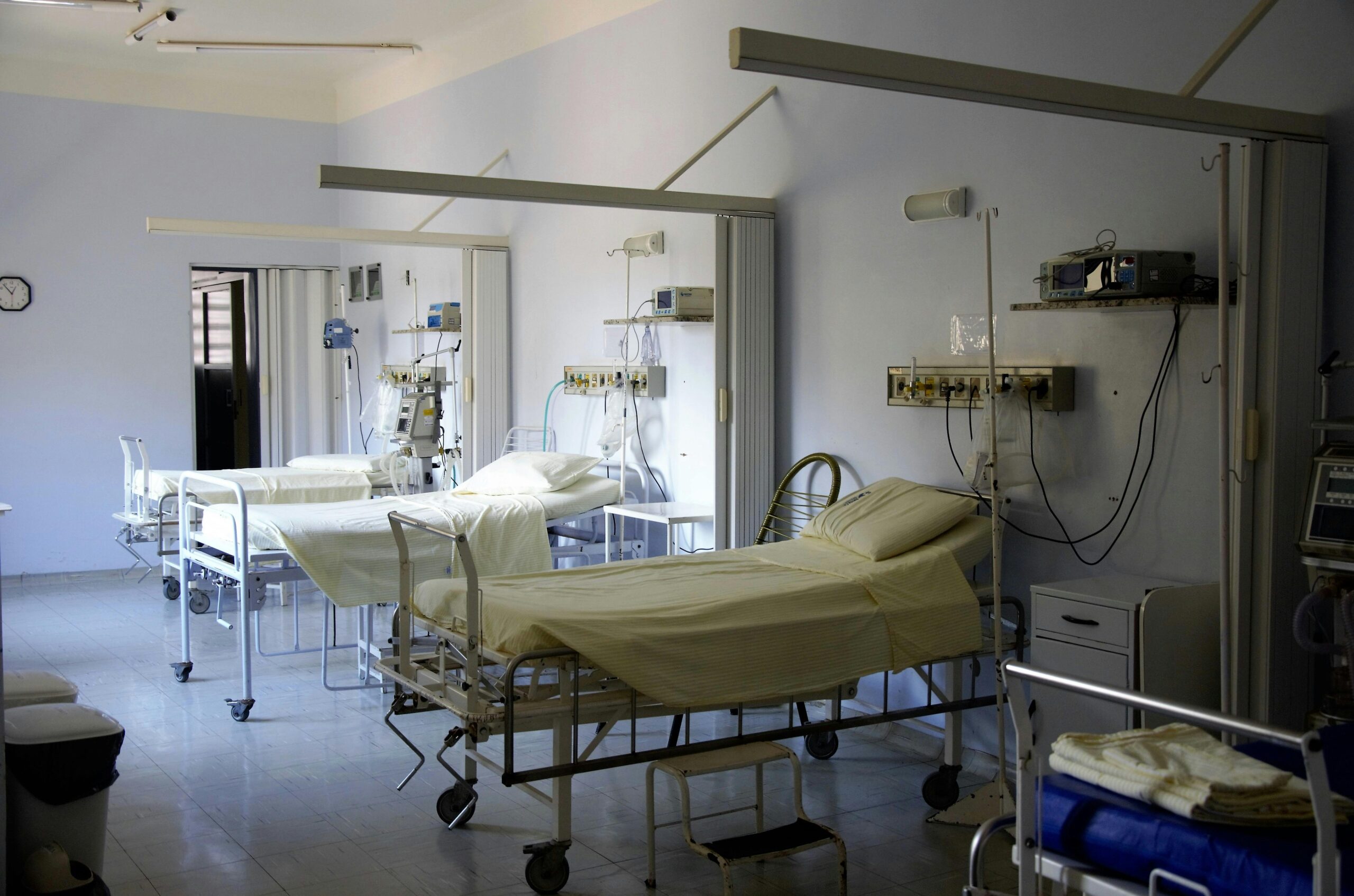Living in Seoul as a foreigner comes with its challenges, and healthcare can be one of the most stressful. Thankfully, several hospitals offer foreigner-friendly services, including English-speaking doctors, interpreters, and dedicated international clinics.
Here are five major hospitals in Seoul I’d recommend:
1. Seoul National University Hospital (SNUH)
- Location: 101 Daehak-ro, Jongno-gu
- Website: https://www.snuh.org/english
- Departments: Internal medicine, dermatology, orthopedics, OB/GYN, etc.
- Language Support: English, Chinese, Japanese, Russian
- Notes: Highly professional, trusted by many international patients. Offers online appointment request form.
2. Severance Hospital (Yonsei University Health System)
- Location: 50-1 Yonsei-ro, Seodaemun-gu
- Website: https://sev.severance.healthcare/sev-en/index.do
- Departments: Cardiology, cancer, surgery, rehabilitation, pediatrics
- Language Support: English, Japanese, Chinese, Russian, Arabic
- Notes: Very experienced international patient center. I used it for a health check-up and felt very well cared for.
3. Asan Medical Center
- Location: 88 Olympic-ro 43-gil, Songpa-gu
- Website: https://eng.amc.seoul.kr
- Departments: Neurology, oncology, cardiovascular, gastroenterology
- Language Support: English, Japanese, Chinese
- Notes: One of Korea’s biggest hospitals, ideal for specialized care.
4. Soonchunhyang Hospital (Hannam International Clinic)
- Location: 59 Daesagwan-ro, Yongsan-gu
- Website: https://international.schmc.ac.kr/
- Departments: General medicine, ENT, pediatrics, dermatology
- Language Support: English, Chinese
- Notes: Less crowded, more personal. Located near expat areas.
5. Korea University Anam Hospital
- Location: 73 Goryeodae-ro, Seongbuk-gu
- Website: https://anam.kumc.or.kr/en/index.do
- Departments: Full general hospital services
- Language Support: English, Chinese, Japanese
- Notes: Well-equipped and easily accessible for those living in northeastern Seoul.
What You Should Know:
- Appointments are usually required for international clinics — make sure to book in advance online or by phone.
- Bring your ARC (Alien Registration Card) and health insurance card.
- Major hospitals are more expensive than local clinics but offer better interpretation and system support.
- If you don’t have Korean National Health Insurance, ask about pricing for uninsured foreigners — some hospitals offer package rates.
If you’re living in Seoul long-term, try to establish a regular clinic or hospital you feel comfortable with. It makes a big difference in emergencies or ongoing care. Don’t hesitate to ask the hospital’s international center for help — they are usually very supportive and responsive to foreign residents.
